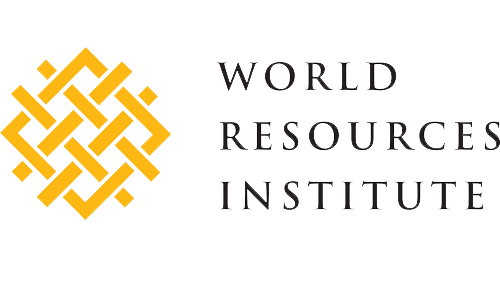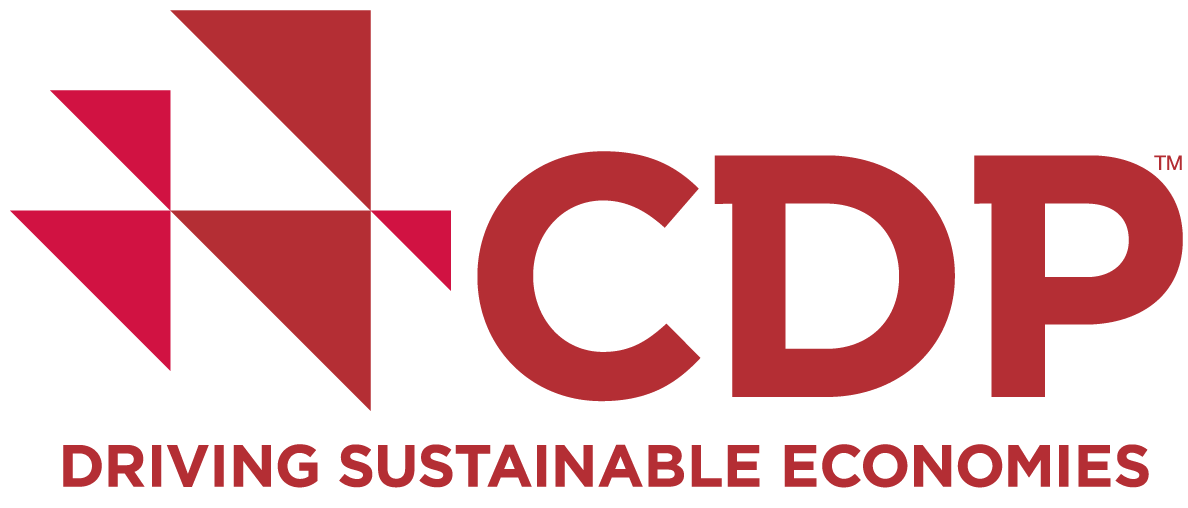
Further, Faster, Together with Corporate Science Based Targets
The Paris Agreement marked the beginning of a new era in climate action. By committing to keep global temperature rise well below 2 degrees and as close to 1.5 degrees Celsius as possible, the 197 parties that signed the Agreement helped to trigger unprecedented momentum to combat climate change.
The message was clear: to leave no one behind, to embrace the opportunities of a once-in-a-generation economic transition and deliver a low carbon, resilient, global economy.
The UN climate-change process hasn’t only gained universal support from national Governments; many of the world’s largest companies successfully campaigned for a binding agreement in Paris. Since the agreement entered into force on 4 November 2016, we’ve seen continuous unprecedented action from investors, civil society, local governments and businesses alike. To date these stakeholders have mobilized more than 12,500 commitments on climate action from 180 countries.
It was out of that spirit of ambition that the Science Based Targets initiative was born. Science-based targets set out a clearly-defined pathway for companies to align their emissions cuts with what’s needed to meet the goals of the Paris Agreement.
Today, more companies than ever are signing up to act on climate change and play their part in delivering on the aims agreed in Paris. For many companies, it is not simply a question of managing the reputational risks that come with inaction, but also of seizing the opportunities that the low-carbon economy offers. They are mainstreaming changes in energy procurement, value chain engagement and energy efficiency for entire sectors.
Since December 2015, almost 250 companies have committed to align their Greenhouse Gas emission reductions targets with a 2-degree pathway, bringing the total to well over 300 today. These commitments are represented by major players across sectors. Over 70 of these companies, including Mars and Nokia, have had their emissions reduction targets independently validated by the Science Based Targets initiative.
Science-based targets have moved into the mainstream
This year alone, more than 95 new companies have committed to set a science-based target — that’s an average of more than two per week — and 45 new targets have been approved. Companies with targets approved in 2017 include Danone, DONG Energy, Marks & Spencer and Ricoh.
These commitments signal the emergence of a ‘new normal’ in the way companies are developing their strategies for the future.
While the U.S. administration's decision to withdraw from the Paris Agreement sent shockwaves through the global community, U.S. companies are ramping up their commitment to tackling climate change. Science-based targets give them a powerful way to show they are still in the Paris Agreement.
So far, 57 U.S. companies, representing US$2.2 trillion in market value, have now committed to set science-based targets, the most of any country.
Building global momentum
We are seeing a new corporate model emerge that is pushing faster on climate action than almost anyone thought possible. Major consumer brands, from L’Oréal to Unilever, are now well on their way to a low-carbon future. These companies are at the forefront to accelerating climate action, and a growing number of companies are following suit.
And this is only the start. According to a recent analysis by CDP, 14% of the world’s largest, most environmentally-impactful companies have committed to, or have targets approved by, the Science Based Targets initiative. Another 317 companies from CDP’s high-impact sample say they have ambitions to set science-based targets in the next two years.
What can science-based targets do for national climate action plans?
The Science Based Targets initiative is a strong signal to the international community that business is taking its environmental responsibilities seriously. As Governments meet in Bonn to discuss a fast implementation of the Paris Agreement and raised ambition for the national climate action plans, known as Nationally Determined Contributions (NDCs), the rise in science-based target-setting sends a clear signal that business is ready to deliver.
The Paris Agreement and the Sustainable Development Goals have become a strategic business agenda. Growing corporate commitment to reducing emissions means Governments can be confident in raising their own levels of ambition, and Governments are also waking up to the role businesses will play in putting us on the zero-carbon pathway.
Take Japan, for example. The Japanese Environment Ministry has highlighted the need for companies to set ambitious carbon reduction goals consistent with the Paris Agreement, and has linked such efforts with its NDC. It has issued guidance to companies on adopting science-based targets and is providing support to companies that want to commit to a science-based target and calculate emissions from their supply chains.
It is crystal clear companies’ and countries’ goals can reinforce and enhance one another. Through the Global Climate Action Playbook 2018 launched at COP 23, the United Nations Global Compact and its partners, including World Resources Institute, are guiding companies to give countries confidence that company commitments — such as Science Based Targets — support and enhance NDCs to keep temperatures well below 2°C.
Deepening collaboration between state and non-state actors
UN Secretary-General António Guterres will convene a high-level Summit in 2019 targeting sectors that could have the greatest impacts on reducing emissions and building climate resilience. It is our firm hope that by this time, more companies worldwide will have joined the global climate movement by committing to science-based targets. Together, we can drive forward climate action and support national Governments in increasing the ambition of their carbon emissions reduction targets.
We cannot thrive in a world of poverty, inequality, unrest and environmental stress — all exacerbated by climate change. By combating climate change and delivering a low carbon and resilient global economy, we can ensure the most vulnerable among us are not left behind. But this can only happen if we swiftly increase the scale and pace of this movement.
By working further, faster, together, Governments and companies can create a mutually reinforcing cycle to boost ambitious action on climate change.
Lila Karbassi
Chief, Programmes
United Nations Global Compact
Partners
In collaboration with










